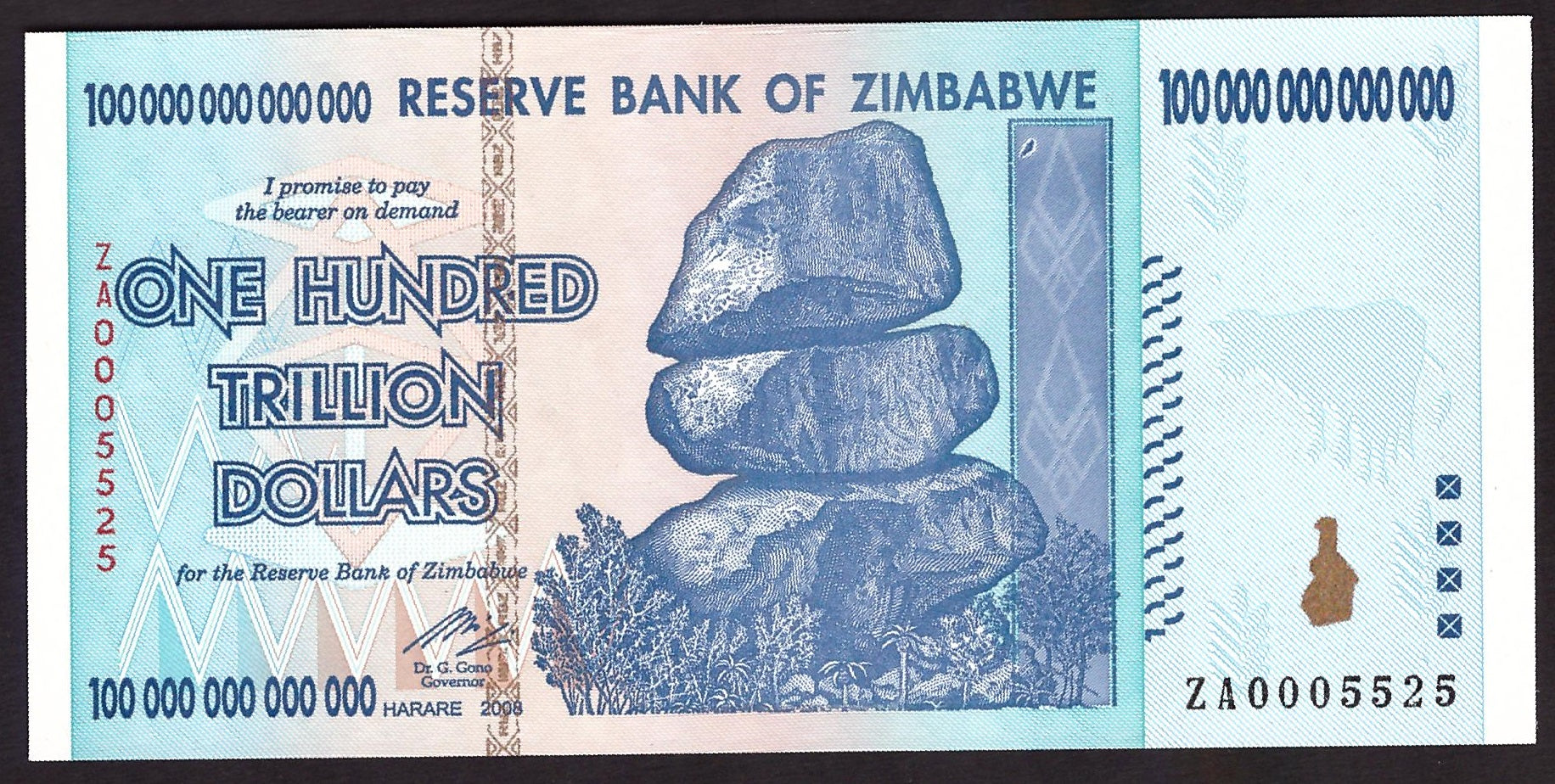2019-9-6 01:11 |
Jeremy Gardner is no stranger to the limelight. The 27-year-old cryptocurrency millionaire has often basked in the attention of mainstream and crypto-specific media alike. This is, in no small part, a consequence of a personality that blends music festival bohemianism (think healing crystals and Rastafarian appropriation) with Silicon Valley VC opulence. The end result is a cocktail of traits that, to outside critics, emblemizes the absurdity of the overnight riches crypto has bestowed on its earliest acolytes.
Yes, Gardner is no stranger to paparazzi and journalists bent on presenting the crypto industry as a cesspit of decadence. Which is good — because now he’s getting his own reality show.
The Crypto Castle ChroniclesOr, rather, he’s creating his own reality series that, for now, is available on YouTube. One which — much like Gardner’s kaleidoscopic interests — mixes the day-to-day with entrepreneurship, philosophical outlook and life as a VC/entrepreneur on the forefront of burgeoning technologies.
“What we’re aiming for with the Chronicles is a nuanced balance between entertainment and meaningful insight into the world of startups, entrepreneurship and investing,” Gardner told Bitcoin Magazine. “This isn’t Shark Tank, this isn’t the Kardashians. It’s really just three weeks of my life on camera, in which I discuss everything from business to relationships to even philosophy. I truly believe that an honest look at the hardship of building startups, the realities of raising and investing money, could be given a ‘real’ inside look. We don’t gloss over all things that go wrong, and don’t overplay the luck that goes into things going right.”
The 12-episode series, dubbed Crypto Castle Chronicles, is produced by Adrian Baschuk, a former Vice producer who is now in charge of CNBC’s Crypto Trader and has his own production studio in Miami. The show is named after Gardner’s San Francisco abode and its successor, the newly built Miami Crypto Castle (which is much nicer than the original and the primary setting for the show).
Nestled in the tech mecca’s Potrero Hill neighborhood, the original three-story “castle” has played home base to Gardner’s own project, Augur, and a host of others, including a self-driving car startup and a handful of blockchain ventures.
This vibrant headquarters, which houses an eclectic community of coders, entrepreneurs and non-crypto folk, has been the central point of the media attention that orbits Gardner’s life; as Gardner told Bitcoin Magazine, the original palace and its Miami counterpart have “taken on a name of their own as a brand and a lifestyle.”
And, in turn, this brand and lifestyle have taken on a media life of their own. Gardner’s unconventional living once inspired a Business Insider feature, which described the San Francisco Crypto Castle as a place “where young bitcoin entrepreneurs party and plot the future of money.”
In perhaps one of the most famous “look at how crazy this crypto crap is” articles from the 2017 bull run, the New York Times framed Gardner as a wanderlust party boy, with the first Crypto Castle acting as his own personal Gomorrah. The article, “Everyone Is Getting Hilariously Rich and You’re Not,” portrays the millennial millionaire boasting about his success with ICOs, his net worth and a date with supermodel Bella Hadid. A picture profiles the then-25-year-old Gardner lounging in front of a cabinet well stocked with booze.
A more thoughtful piece by the now-defunct BreakerMag traded in the beer cans for the juice boxes — seriously, the author, Jeff Wilser, is offered juice in the piece. It presents a (literally) more sober depiction of the house and what goes down in it. Wilser’s experience was similar to my own when I visited the house at the beginning of 2019; like Wilser, I found a collective of focused, hardworking millennials who would rather hit the books and crunch budgets than pound shots (though admittedly the liquor cabinet was still very well stocked, it went untouched by the house during my stay).
Bitcoin Party Boy or Business Mogul?This dichotomy between the mythos of Gardner’s hedonistic living depicted by the New York Times and the unflagging hustle of the modern tech entrepreneur profiled by BreakerMag strikes at the heart of Gardner’s two-part public persona.
This persona, and its Janus-faced depiction in the press, is the intrigue of the new show. In the Times piece, Gardner brushed off the prospect of a reality TV show (having secured a date with a supermodel without such excess attention, Gardner was skeptical of how it may “add to his life,” Nellie Bowles wrote). He has been approached by a dozen or so different producers over the years. But their pitches never aligned with Gardner’s own vision for what a day in the life of an entrepreneur should look like.
Like the media attention that sets the stage for reality TV (or, as the more shrewd producers would pitch it, “unscripted television”), most of the ideas veered toward glamorizing the riches without examining the tribulations and impact of Gardner’s work. To him, each producer’s pitch “ended up being too vapid.”
“When it came down to creative vision, my desire to create entertaining content that was also thoughtful and educational, I ran into a wall,” Gardner told Bitcoin Magazine. “It’s unsurprising that none of the ‘unscripted’ projects proposed to me, or related to crypto, have ever come to fruition. And that was probably a good thing. Trying to capture a bunch of nerds talking about esoteric technology or, worse, partying, sounds cringe-inducing at best.”
Hoping to avoid the cringe, Gardner has decided to take control of this narrative by producing the show himself. As with the incentives that led to his other ventures, Gardner has billed this project “a force for good.” Reality TV, which he calls “a powerful medium,” has created “unparalleled influence and wealth” for some of its more bombastic ambassadors (for his own example, Gardner cites Donald Trump and the Kardashian/Jenner clan).
But conversely, he believes it can also be a catalyst for positive development.
“I recognize that this is a hard-to-swallow suggestion — that an oft-disparaged form of entertainment appealing to the lowest common denominator is in fact a driver of unparalleled influence in the most powerful nation in the world,” he said. “But fully appreciating that fact, I believe it can be a force for good. That is why I’m creating the Crypto Castle Chronicles.”
Shot over a period of three weeks, the show will feature 12 ten-minute episodes on YouTube. Gardner, who’s vying to air the series on major networks or streaming platforms, said the team shot “endless content” and may make more episodes depending on the show’s popularity.
The Pursued, the Pursuing, the Busy and the TiredThe pilot episode opens on Gardner and a business partner strategizing about their latest venture.
“We’ve got to get money in the bank ASAP and do a major social blast,” Gardner emphasizes, speaking about the inaugural product launch of his new cosmetic brand, MadeMan. In the subsequent series of flashbacks, we learn that this opener takes place at the end of the series’ three-week filming period.
“Girls — sushi’s here,” Gardner’s business partner calls after the episode transitions through its title screen (which, to little surprise, includes a “Crypto Castle” rap). Upon his beckoning, a gaggle of bikini-clad women emerge from various nooks in the mansion.
“I was only able to buy $100 of sushi. If only they accepted bitcoin,” Gardner jests as a neon caption flashes his title and name (“Jeremy Gardner, Entrepreneur, aka ‘Gonzo Gardner’”) across the screen. As Gardner’s groupies chow down on California rolls and sashimi, he hops on a call with Janet (who, a British narrator informs us, is Jeremy’s business partner in MadeMan).
The remainder of the 10-minute episode flashes between Gardner taking care of business, montages of some of crypto’s biggest personalities (e.g., Pomp, Peter McCormick and Charlie Shrem) and narrator Ben Way praising Gardner and regaling his young but prolific career.
“I think those who are watching will probably look at Jeremy and go, ‘He’s an egotistical asshole.’ That’s the first reaction I had when I met him,” Way says in the episode. “But if you get to know him and you really watch this — he’s definitely not perfect — but he’s out there and he’s trying to do things that most humans are too scared to do. He is just Jeremy. That’s the beauty of Jeremy — he’s just himself. And you either love him or hate him.”
Way then launches into “how Jeremy got his start.” This resume, which includes founding the Blockchain Education Network, the Augur prediction market and Ausum Ventures, among other ventures, led to the wealth and social prestige that have created the man and myth who, per his Twitter profile, self-identifies as the “God of Gonzo.”
An “Earnest” Depiction of the Millionaire-Entrepreneur LifestyleThe pilot episode puts its protagonist’s success — and the aggrandized lifestyle it affords — on full display. With scenes cutting between sunbathing women, liquor-festooned workstations and Gardner doing business, the series seems to encapsulate the work-hard, play-hard mentality and lifestyle of crypto’s premier playboy-in-residence and one of its more successful entrepreneurs.
My grandmother has often told me that there are three sides to every story: what one side says, what the other side says and what really happened. So far, most media has depicted one thing while Gardner and his proponents have espoused another, so maybe this series, with its unfiltered and unapologetic production, will find the truth in between.
“It’s to provide a really honest look into what entrepreneurship and investing are, which I don’t believe are accurately portrayed on screen often, if ever,” Gardner told me. “I also want to remediate the hustle porn ethos of Silicon Valley. It’s okay, and perfectly tenable, to have a work-life balance.”
While he admitted that he’s “not sure whether we will find an audience for what we’ve filmed,” Gardner mentioned that the team is speaking to several networks, streaming platforms and other media. His end goal, he reemphasized, is to create an “earnest” depiction of the millionaire-entrepreneur lifestyle.
As I finished the first episode, ending as it does with Gardner, kimono-cloaked, clutching a bottle of wine and belting Lil Nas X’s “Old Town Road,” I closed my computer thinking that this series, unironically earnest indeed, would get closer to the truth of Gardner’s life than any content that came before it — business, pleasure and all.
The post Crypto’s Favorite Playboy Is Getting His Own Reality Series appeared first on Bitcoin Magazine.
origin »Bitcoin price in Telegram @btc_price_every_hour
Emerald Crypto (EMD) на Currencies.ru
|
|








